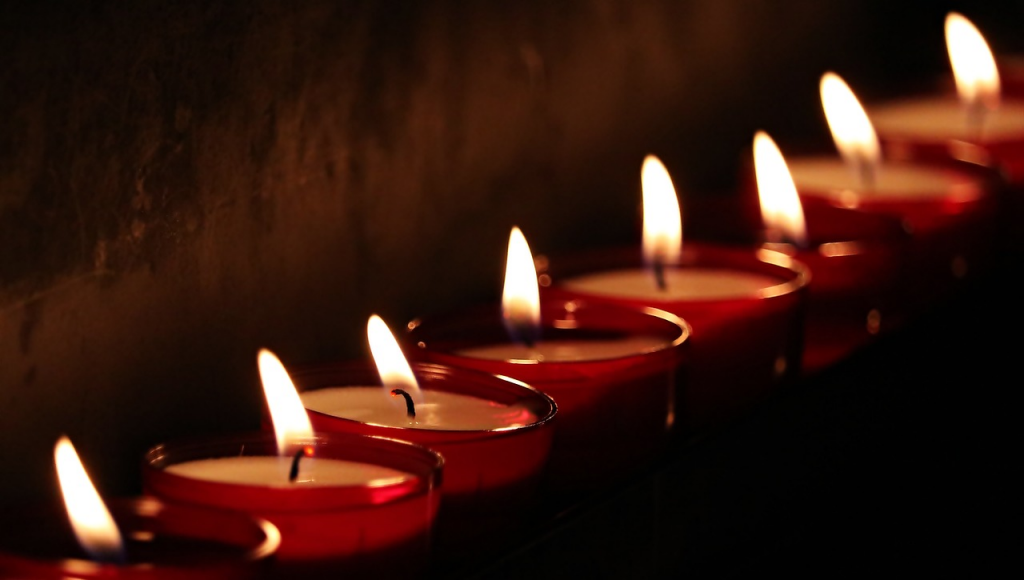Brazil is a country of continental dimensions, known for its cultural diversity, natural beauty and also for its deep religious faith. Over the decades, Brazil has consistently topped the rankings of countries with the most belief in God. This fervent belief in God transcends social, economic and cultural barriers, permeating the daily lives of Brazilians.
History and Colonization
Brazil's history is deeply intertwined with religion, mainly due to the influence of Catholic missions during the colonization process. The Portuguese colonizers brought with them Roman Catholicism, which became the predominant religion in the country.
The imposition of this faith on indigenous peoples and the arrival of enslaved Africans who practiced religions of African origin contributed to the formation of a unique religious culture in Brazil.
Religious Diversity
Although Catholicism has been the dominant religion in Brazil for centuries, religious diversity is a striking feature of the country. In the 19th century, there was a growing immigration of non-Catholic groups, such as Protestants and Jews.
Today, Brazil is home to a wide range of religions, including spiritism, candomblé, umbanda, Islam and various Christian denominations. This diversity of beliefs contributes to the country's spirituality, allowing people to choose the religion that best suits their beliefs and values.

Religious syncretism
Religious syncretism is a notable feature of Brazilian religiosity. Many Brazilians practice more than one religion or incorporate elements from different traditions into their spirituality. Syncretism is especially evident in Afro-Brazilian religions, such as Candomblé and Umbanda, which blend African elements with Catholicism.
This syncretism allows Brazilians to express their faith in a personal and unique way, often adapting their religious practices to their individual needs and experiences.
Religion in Everyday Life
Religion plays a significant role in the daily lives of Brazilians. Most cities and towns in Brazil have prominent Catholic churches, and many houses have religious altars where people make prayers and offerings. Religious festivals, such as Carnival, are celebrated with great enthusiasm and fervor.
In addition, the constant presence of religious symbols, such as crucifixes and images of saints, in public and private spaces is a tangible demonstration of the importance of faith in the lives of Brazilians.
Resilience and Hope
Religion plays an important role in the way Brazilians face challenges and adversity. The country has faced economic, political and social crises throughout its history, and faith has been a source of comfort and hope for many. Belief in God and the search for spiritual guidance are often used as a way of coping with difficulties, promoting resilience and the ability to face obstacles.
Evangelization and the Growth of Evangelical Religions
In recent decades, there has been a notable growth in evangelical religions in Brazil. Evangelical churches, particularly Pentecostal churches, have attracted a large number of followers. This expansion has been driven by various factors, such as the ability to adapt to the needs of communities, the focus on social assistance and intense evangelization. The growth of evangelical religions has contributed to Brazil's position at the top of religiosity rankings, changing the country's religious landscape.
Socio-economic aspects
The relationship between religion and society is complex. Many argue that religious faith plays an important role in social cohesion and community building. In many cases, churches provide social support, financial assistance and networking opportunities. This is especially significant in communities with limited resources, where churches can play a key role in providing resources and emotional support.
Challenges and Criticism
Despite the strong presence of religion in Brazilian society, there are also challenges and criticisms related to religiosity in the country. Some argue that religion can be used in a harmful way, whether for political or economic purposes or to manipulate the masses. In addition, there are concerns about religious fundamentalism and intolerance towards other beliefs or groups.
Brazil is a country where faith in God plays a central role in people's lives. The history of colonization, religious diversity, syncretism, religion in everyday life, resilience and hope, the growth of evangelical religions, and socio-economic aspects are key factors that contribute to Brazil's position at the top of religiosity rankings. However, the relationship between religion and society is complex, and there are challenges to be faced, such as religious intolerance and the use of religion for political ends.
Religious faith is an intrinsic part of Brazilian identity, shaping culture, values and social interactions. Regardless of the criticisms and challenges, religion continues to play a significant role in the lives of people in Brazil, providing spiritual comfort, hope and guidance in an ever-changing world.
See also: Prayer to start the day well: Have faith and everything will work out
October 24, 2023
With much faith and positivity, she writes for the Oração e Fé daily, bringing messages and Divine teachings to everyone.